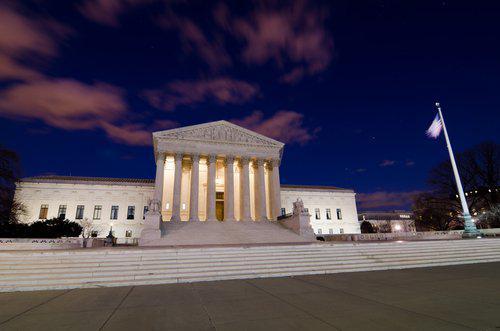Disclosing Exculpatory Evidence: When Prosecutors Have to Help the Defendant
 The court system of the United States is often described as “adversarial.” This means that there are two sides in criminal cases - the prosecution and the defense - and that each side is representing the interests of their client. The prosecution works to prove a person's guilt on behalf of the government, and the defense works to prove their client's innocence. The idea is that with two competent sides advocating for their positions, the judge will be able to determine the truth.
The court system of the United States is often described as “adversarial.” This means that there are two sides in criminal cases - the prosecution and the defense - and that each side is representing the interests of their client. The prosecution works to prove a person's guilt on behalf of the government, and the defense works to prove their client's innocence. The idea is that with two competent sides advocating for their positions, the judge will be able to determine the truth.
However, this truth seeking function occasionally merits a break from the adversarial nature of U.S. courts. One important place where this break occurs is when the prosecution discovers exculpatory evidence. Exculpatory evidence is evidence that is beneficial to the defendant in a variety of ways. Under the U.S. Supreme Court case Brady v. Maryland prosecutors have an obligation to disclose that sort of evidence to the other side. A failure to do so can result in a completely new trial in some circumstances.
The Brady Rule
The case in Brady involved a man convicted of a murder. The defendant admitted to helping someone plan the murder, but argued that his accomplice was the one who actually carried it out. This would not have affected whether he was guilty, but it would be important for sentencing. His attorney requested that the prosecution provide all of the accomplice's relevant statements. The prosecution turned over some statements, but withheld one where the accomplice admitted to actually carrying out the murder.
The court ruled that the prosecution had a duty to turn that statement over because it was relevant to either proving the defendant's guilt or to the sentence he should receive. As a result the sentencing phase of the man's trial was done over.
The Remedy
The remedy for violations of the Brady rule depends on the type of evidence that was withheld. For instance, if the prosecution withholds evidence that would prove the defendant's complete innocence, then the defendant may be eligible for a completely new trial. If the evidence would only affect the sentencing phase, as in Brady, then only the sentencing must be redone.
In order to access these remedies, the defense must show two things. First, they must demonstrate that the evidence was “material,” meaning that it was relevant to the case at hand. Second, they must show that there was a reasonable probability that the outcome of the trial would have changed had that piece of evidence been presented to the jury.
Criminal charges are serious and can stick with a person for years. Fortunately, the law provides the accused with numerous rights for their protection. If you have recently been charged with a crime, contact an experienced Milwaukee criminal defense attorney today to learn more about your rights.







